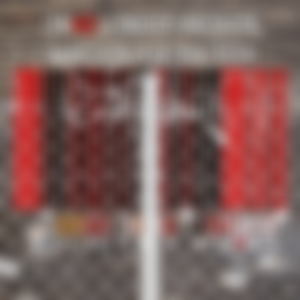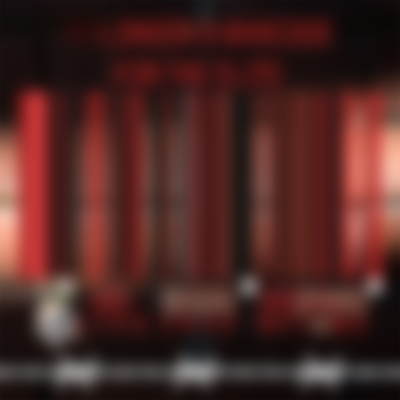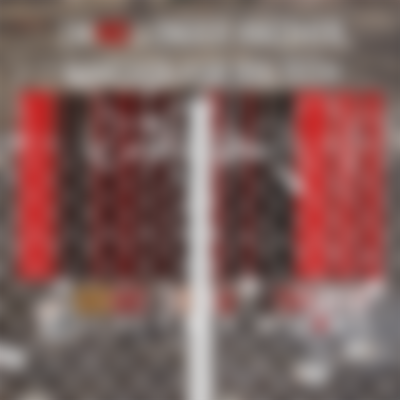Who owns the NFT or Non Fungible Token once its purchased from platforms like OpenSea, Rarible, SuperRare, and others?
What's an NFT? Let see what Ethereum.org says about what an NFT actually is...
"NFTs are tokens that we can use to represent ownership of unique items. They let us tokenise things like art, collectibles, even real estate. They can only have one official owner at a time and they're secured by the Ethereum blockchain – no one can modify the record of ownership or copy/paste a new NFT into existence. NFT stands for non-fungible token. Non-fungible is an economic term that you could use to describe things like your furniture, a song file, or your computer." Okay, now that we have an understanding of what NFT's are and how they work lets talk about ownership. Keep in mind as we objectively look at Non Fungible Token ownerships the key words that Ethereum.org uses "official owner" as this may shed light on the topic later on.

While this article will consist of more questions than answers it will try to open discussions on ultimate ownership of NFT property, and use of NFT's once sale is complete. NFT's are still in the beginning stages and there are not many rules around ownership other than once you pay for an NFT you own it. But if this is the case why are there so many already owned NFT's still posted all over the internet by people who do not own them? I constantly see NFT's posted all over social media and the like, by people who clearly do not own the NFT itself. If anyone can post an already purchased NFT online whenever they want what's the point of owning the artwork, or other types of NFT's in the first place? Ownership implies having ultimate control over the property, yet this seems to not be the case when dealing with NFT's. If a person who buys a NFT cannot control where their property appears that is not ownership at all, but instead something more on the line of pseudoownership.
In essence the NFT property when purchased by one person or group can continue to be used, and shared by anyone and everyone. Let's take Instagram for example. People post clearly already owned NFT's daily, showing the latest sale price and other information about the NFT. It seems clearly evident that once an NFT artwork is purchased the image or likeness is under the control of no one person or group. People pay in some cases thousands of dollars for NFT's, and other than owning the digital asset through a Smart Contract the property is not theirs to control. If you spent a quarter of a million dollars on a Supercar would you just let anyone drive it around? Not Likely. While a digital NFT artwork is not a physical car like a Ferrari or Lamborghini you get my drift. The owner of the car has the option to lock it in a garage only allowing the people that he or she chooses to view the car, without the rest of the world knowing. Renting a Supercar means that you pay money to use the car for a period of time, but then take it back to the car dealership so others may use the car as well.

Like I said NFT ownership is a fairly new endeavor for people looking to buy, sell, and hold digital property for reasons only the individual can decide. But if I am deciding to buy an NFT I want to know that I also control the asset fully. This begs the question that in the future will NFT owners begin taking legal action against individuals or even company's for misuse of private property? Does being the "official owner" mean that there will continue to be unofficial owners of NFT's like people who post already owned NFT's on social media, and or private and business websites? Currently if a person is selling an NFT it is likely being marketed on private and business websites, or hosted on social media accounts like Instagram, Facebook, and NFT sales platforms, etc. From a marketing aspect posting digital NFT media for promotion is very necessary to move product. But from a Buyer's standpoint the NFT property is out there for anyone to copy the images for whatever purpose they choose, like articles, websites, social media, etc. Restricted NFT property control doesn't seem fair to the purchaser of the property, and may be a detriment to the value of the property in the future. Currently Non Fungible Token ownership does not seem to be an negative issue, with the exception of tokens being reminted and sold multiple times.

Historically there has been counterfeits of nearly every creation of mankind, so why should NFT's be any different? Wikipedia - Counterfeiting: "To counterfeit means to imitate something authentic, with the intent to steal, destroy, or replace the original, for use in illegal transactions, or otherwise to deceive individuals into believing that the fake is of equal or greater value than the real thing." One NFT company has thought about the counterfeiting issue of NFT's, and claims to take a major portion of the responsibility for protecting its NFT's after the sale. NFT4Me.io claims to remove promotional images of bought NFT's if requested by the new owner. They also are very careful about the size of the NFT promotional images they post online before the actual sale. This helps to keep people from copying NFT images and reminting them, which is becoming a larger problem in the NFT world. Spokesperson for NFT4Me.io says "the idea is to let the owner of their NFT project images have full control over their property, not the public." Representatives of this NFT art company are also exploring ways to track post-sale NFT images beyond the final sale, but are still posted on the web without express written consent by owners.

In closing; NFT's are from my point of view not much more than art that looks like it can be done by a young child. But this is only on the surface and some art pieces have many layers, intricate color schemes, and deeper meaning messages behind them. For this reason NFT art can fetch prices in the hundreds, thousands, and even the millions of dollars. One day it may be that an NFT art piece could be worth more than the greatest Picasso or Rembrandt, and be owned by a single individual, not a world famous art gallery. I guess we will have to wait and see where the NFT art world takes us and hope ownership controlled guidelines become more clear.
Article by: TruSuccessXpert Michaelson Williams, Editor-n-Chief at MMAP Magazine
References:




I hope we see the progress and success in the NFT project because it can be a great help for artists whose art is less considered these days.